

It took a while to warm up to Adam Jensen. To be honest, I'm not sure I liked him all that much even after the credits rolled and I'd been handed my ending. But then Adam Jensen wasn't the star of the show. The cyber-punk noir vision of the future was the real draw of Deus Ex: Human Revolution.
That and the game's mechanics.
I wish I'd had the patience to tackle a non-lethal play-through. That way of playing is always appealing to me. It's one of the things I'm most looking forward to about the Thief reboot (incidentally, being made by the same studio). Games that give you the option to respect human life at the same time as giving you the tools to go on a spree of butchery and destruction are few and far between.
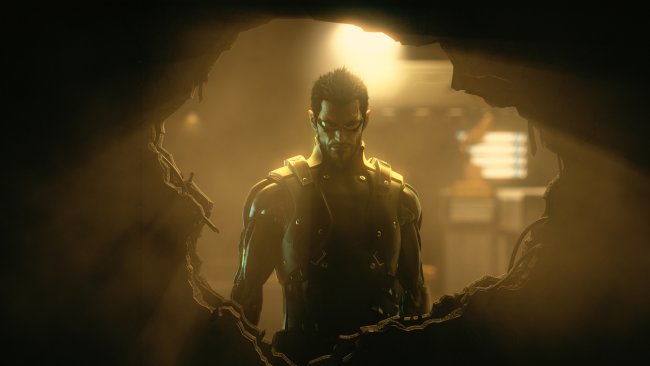
That level of choice underpinned the whole experience of Deus Ex, and was one of the reasons why the game was so warmly received. That warm reception was a feat made even more astounding when considering the pedigree of the game's predecessors. We just didn't know what to expect, and given the "classic" status of Human Revolution's forebears, it was a relief when Eidos Montreal didn't drop the ball.
Unless you count the boss fights. They were terrible, but the less said about them the better.
Whilst I didn't maintain my pursuit of a non-lethal play-through, it still defines my memory of the game. In each section I'd challenge myself to proceed as far as possible without getting violent. On some levels that was easier said than done, and often it didn't take long before weapons were drawn and mayhem commenced. But I appreciated the effort the devs made to give me the option.
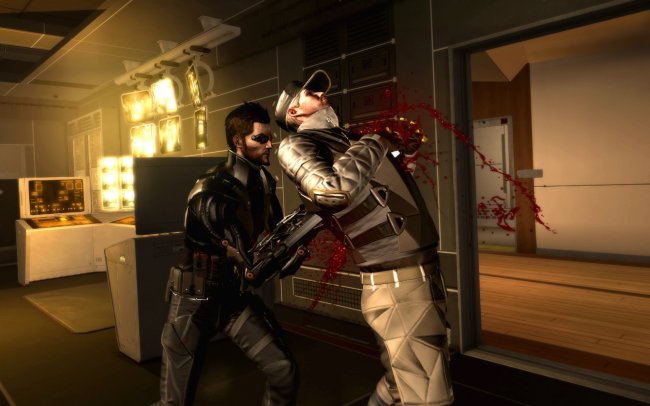
Using the tools they gave me; the stealthy movement between cover, the non-deadly takedowns and whatnot, I was able to choose how I approached each level. There were always several possible routes to take, giving me options as I weighed up the pros and cons of each path.
Options were also present in the various conversations that took place with NPCs. For me this was under-utilised, and if another game in the series was to ever appear then this something I'd like to see elaborated on. As with other similarly open-ended games, there were often moments that transcended black and white, where morality wasn't clear cut, and there were difficult decisions to make. The decision at the end of the game being the clearest example of this.
Then there's the augmentations. Forced on Jensen and centrifugal to the plot, they cast a shadow over the morality of the whole game, and we're stuck in the middle. Your own personal feelings aside, we still had to deal with them, using the upgrades to build Jensen into a powerful character capable of taking down his enemies. It was an interesting twist, much more so than the inclusion of the Illuminati (they're everywhere it seems, even the future).
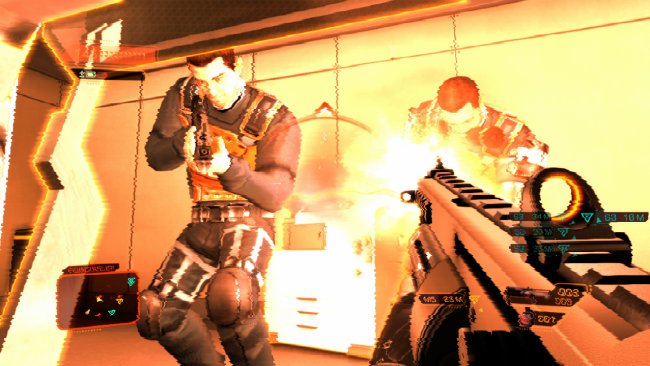
All of this player-choice, even the more cosmetic decisions we made along the way, was accentuated by the vivid portrayal of a broken future. The Devil is in the detail, and this is certainly true for Human Revolution. Whether it was in the nuanced dialogue with the various characters we encountered, or the emails that we regularly received, the attention given to the little things only made the experience more immersive, more vivid.
There was trepidation when Deus Ex: Human Revolution was revealed, but that's unlikely to happen when the sequel is (hopefully) announced. Happily it turned out to be a superb game, and a worthy addition to the series.
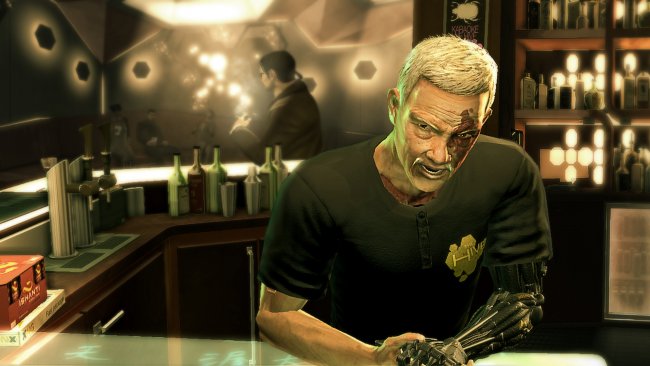
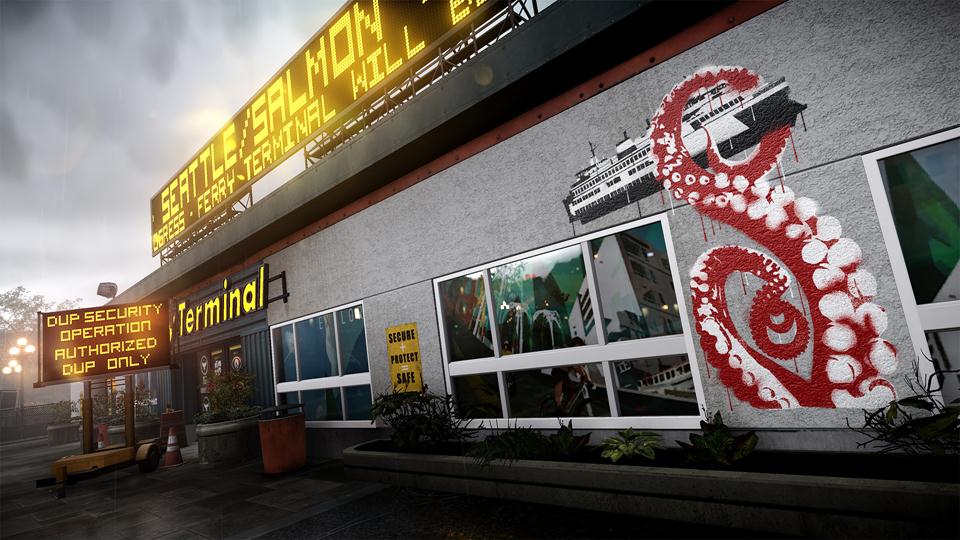
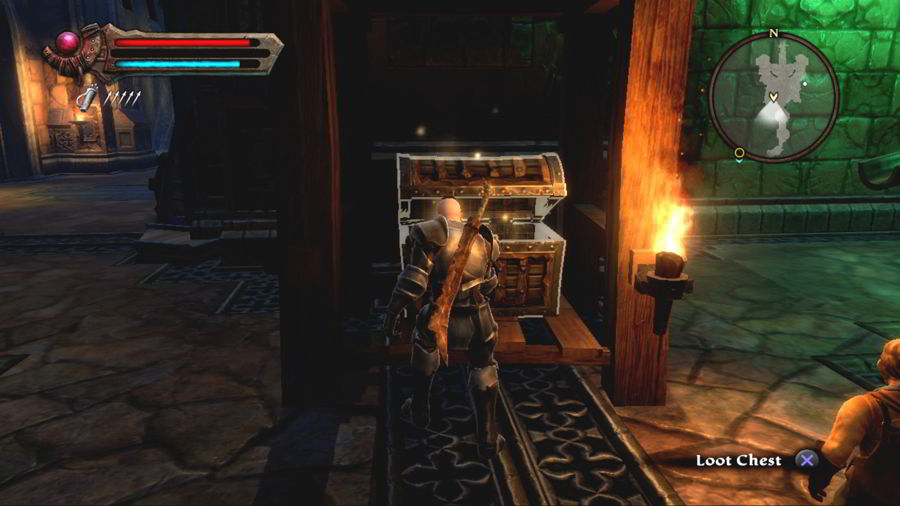
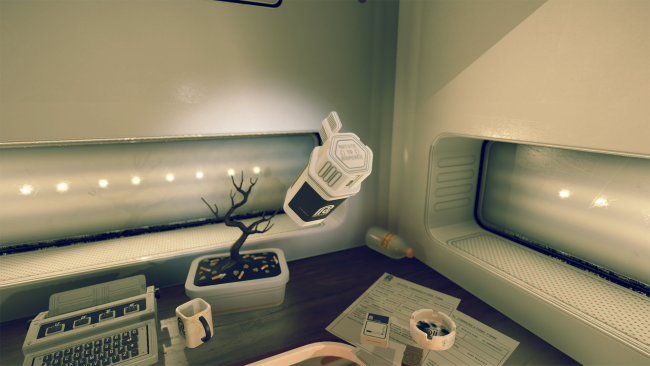

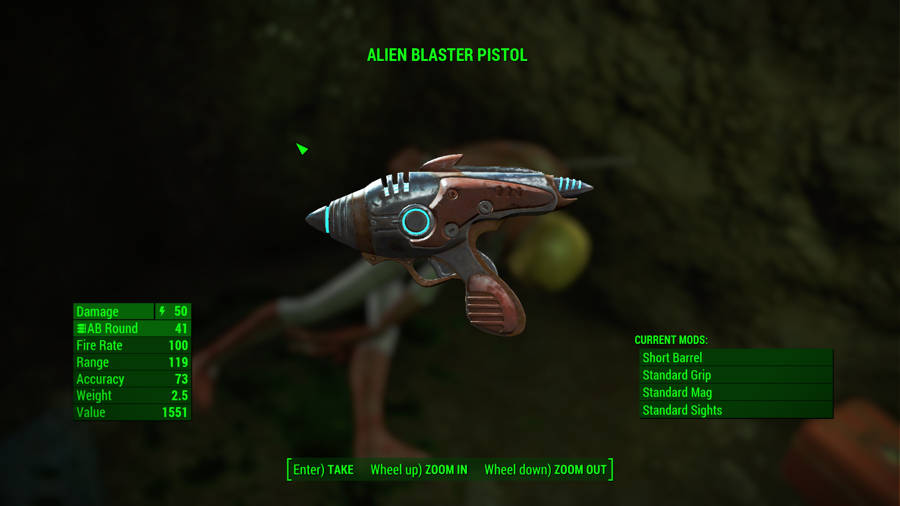 Fallout 4 Guide - Where To Find The Alien Blaster Pistol
Fallout 4 Guide - Where To Find The Alien Blaster Pistol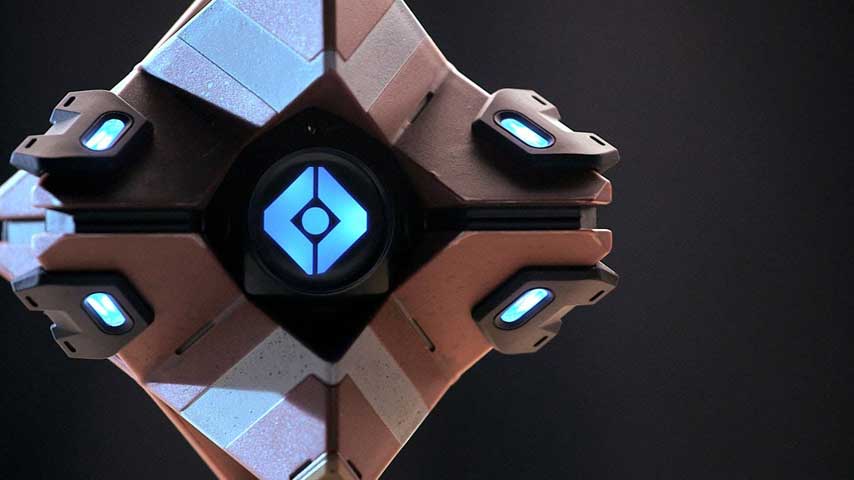 Destiny guide: Venus Dead Ghost locations
Destiny guide: Venus Dead Ghost locations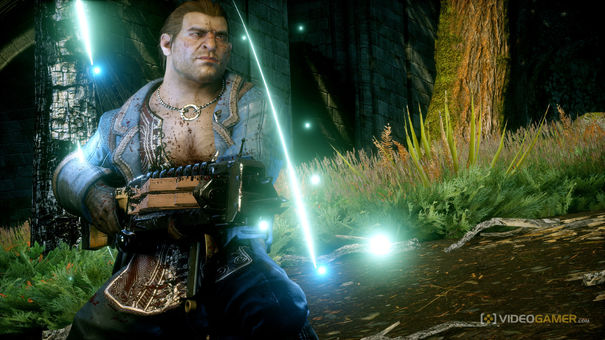 . GOTY 2014 – Jim Trinca
. GOTY 2014 – Jim Trinca Pokemon X & Y Guide: Pokemon in Route 6 - Palais Lane - GamersHeroes
Pokemon X & Y Guide: Pokemon in Route 6 - Palais Lane - GamersHeroes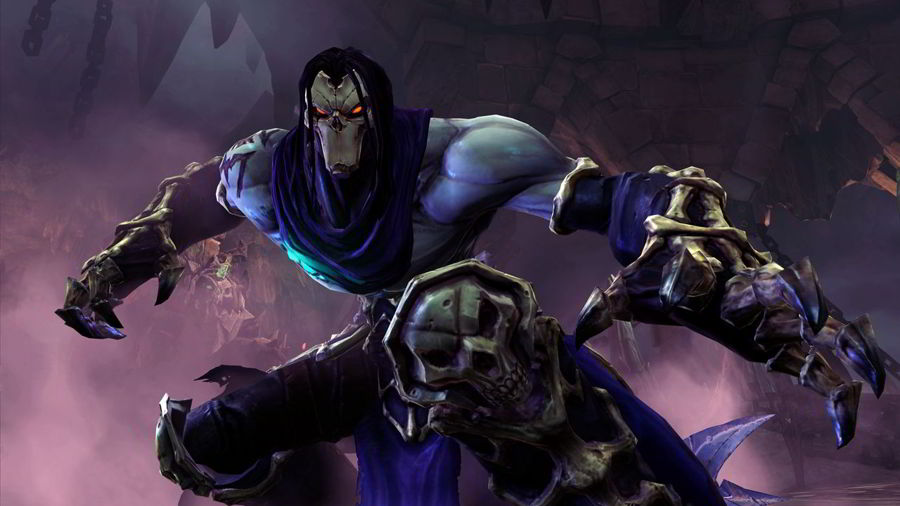 Darksiders 2: Relic Side Quest Guide
Darksiders 2: Relic Side Quest Guide